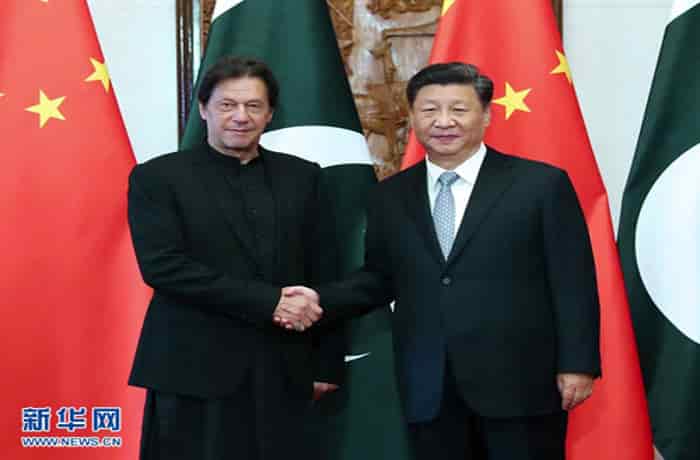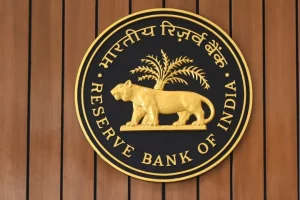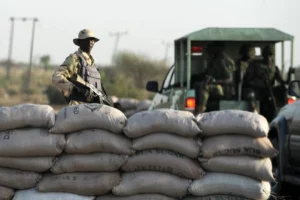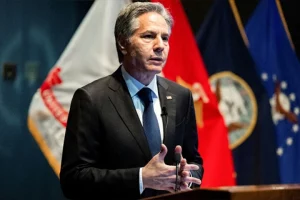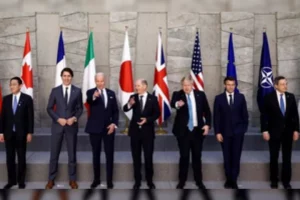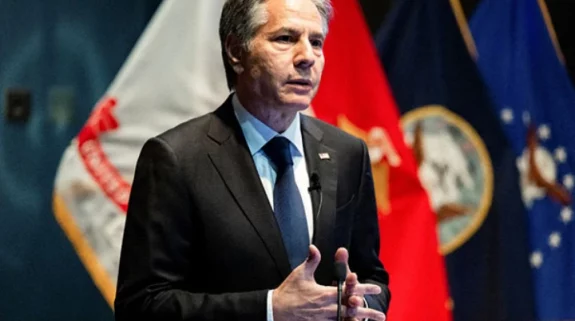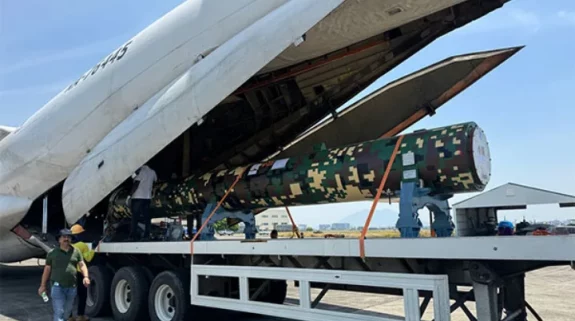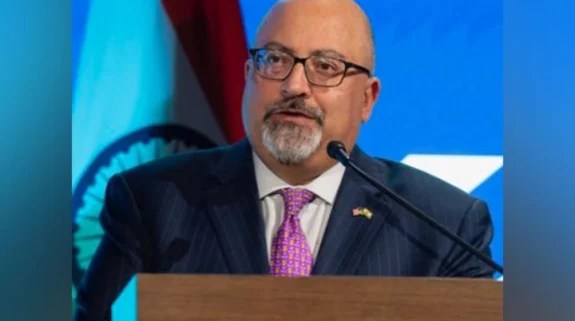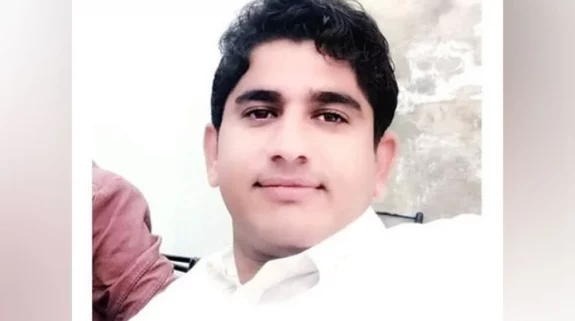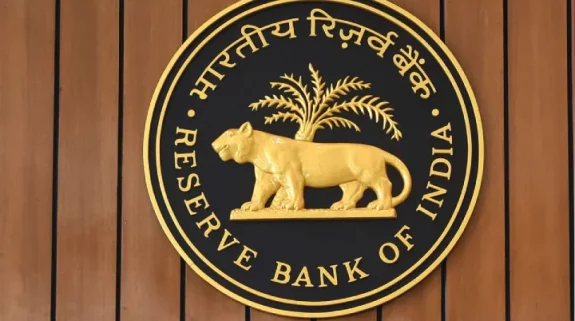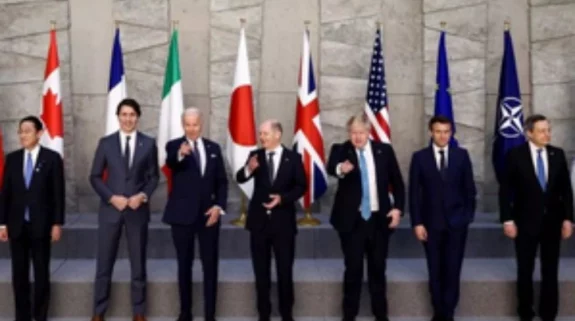Prime Minister Pakistan Imran Khan (PMIK) has unabashedly admitted to have concurred in letter and in spirit China’s stand on the treatment meted out to Uyghurs, the Chinese Muslims living in the western region of Xinjiang. PMIK, while speaking to a group of Chinese journalists (July 1) on the occasion of centenary year of the Chinese Communist Party (CCP) even went to the extent of asserting that the Chinese version of alleged maltreatment of Uyghurs was strikingly different from Muslims settled in various other parts of the world. In a blistering attack, the Pakistani Prime Minister charged the western media for being grossly erroneous in its reporting on excesses against the oppressed Uyghur minority in Xinjiang.
In the same vein, PMIK further pointed out in a glaring display of flattery towards China, exceeding all diplomatic norms, by saying that “because of our extreme proximity and relationship with China, we accept the Chinese version”. Not to lag behind in his reiteration of scathing criticism of Kashmir, PMIK, without losing the slightest opportunity, alleged that it was hypocritical that while the Uyghur situation and Hongkong were being highlighted, attention was not being accorded to the alleged human rights violations in Kashmir. Such an irresponsible statement from Pakistan Prime Minister was unbecoming of his stature as the Head of Government. China watchers view his syrupy remarks as hypocritical, self-serving and irrelevant in the context of continued atrocities by China against its Uyghur minority. His detractors have justifiably and naturally accused Khan for shedding crocodile tears after he lamented that western media was conspicuously silent on the “high handedness in Kashmir”.
Also Read: China’s Xi Jinping strikes a combative note during centenary celebrations of the CCP
In the meantime, keeping Pakistan’s all weather ally China in good humour, ostensibly, at Beijing’s prompting, PMIK further averred that CCP has achieved much better results without following the democratic system. Most laughably, the Pakistani Prime Minister stressed that Chinese system for sifting through talent and making it count was even better than the methods pursued by any democratic system. He did not stop here. In fact, he proceeded to praise the “flexibility” of the Chinese system, arguing that in Pakistani society and in western democracies, it is difficult to bring changes due to binding of rules and regulations. More intriguingly, the PM said that these democracies only plan for the next five years, praising leaders like Chinese President Xi Jinping for having worked their way up from the bottom to the top. Elaborating further, in an apparent move to appease President Xi, Khan underlined that one can only become a leader after going through a long struggle. His comments are especially noteworthy when, in comparison, he said that the US President does not go through this rigorous process at all.
It is pertinent to point out here that such uncharitable remarks by PMIK on the electoral process of the US President is unlikely to please the US Presidency and its ilk. This apart, Khan’s slavish praise of China in describing its polity as unique and crediting the Chinese President for getting rid of the malaise of corruption and eradication of poverty is not palatable to China watchers. Prima facie, it is a gross exaggeration of facts.
Apart from such inflated praise for China, the Pakistani Prime Minister stated that India was supposed to act as a counter balance to China but that could be detrimental. Such unwarranted comments demonstrate that Khan was acknowledging China’s status as Pakistan’s “big brother”. Further, he laid emphasis that China was too strong and India needed to engage China in activities of trade rather than engaging it militarily. He opined rather unconvincingly that if anyone was going to lose out in this alleged contest, it could only be India.
Also Read: China's communists celebrating their Party's 100th birthday maybe sitting on a ticking time bomb
Continuing with his subtle India bashing, PMIK claimed that Sino-Pak relations were very strong and they had nothing to do with India. Coming to the fierce defence of China, PMIK described the China-Pakistan Economic Corridor (CPEC) as a flagship project as very exciting and disclosed Pakistani plans for attracting Chinese investment for special economic zones in Pakistan as the labour was much cheaper there.
PMIK’s unvarnished and carte blanche support to the Chinese President, the bilateral ties, CPEC, the Chinese system of governance and other related issues is leading analysts to conclude that Khan’s pro-China statements during his media interaction were possibly based on a script written in Beijing and delivered to Imran Khan for parroting. Whatever he said on July 1, it is difficult to conceive that he would escape criticism of the US and other western countries for his anti-west rhetoric to mollycoddle China. The fact that PMIK chose to name India in raising the Kashmir issue to the Chinese media persons and justifying Chinese aggressive persecution of the Uyghurs, PMIK blatantly stands exposed amongst the Muslims for not supporting their co-religionists in China. This act of indiscretion and indifference towards a section of Muslim community exposes Imran’s double-speak and double standards. On one hand, he is critical of the Israeli excesses against the Palestinians, but, on the other, he is openly supportive of the Chinese government in its crackdown on the Uyghurs.
Muslims, the world over, are unlikely to spare Khan for this diabolical step in clear discrimination against one set of Muslims. It is also assessed that radical Islamic groups within Pakistan will come down heavily on PMIK for such statements and apathy shown to the Chinese Muslims
Meanwhile, marking its centenary celebrations, the CCP held a massive parade in Beijing on July 1 at the Tiananmen Square, where President Xi Jinping shot out a serious warning to all the foreign forces that China would not allow to be bullied to protect its territorial integrity and sovereignty. Addressing thousands of people who had gathered to hear the Chinese President at the centurion event of the CCP, Xi hailed China’s much hyped “national rejuvenation” theme.
He further threatened in very strong words, conspicuous on account of their belligerent tenor, that China will not be subjugated by any foreign power. At the celebrations, there was also a massive show of military strength when military helicopters presented a fly-past followed by 15 J-20 stealth Air Force fighters to exhibit Chinese military prowess. Utilising this opportunity to reach out to the Chinese masses, Xi praised the CCP’s concept of socialism and characteristics which are expected to transform itself from a highly centralised planned economy to a socialist market economy.
Chinese President’s warning shots apart from his muscle flexing by demonstrating his country’s military, political and social heft cautioned the world powers not to underestimate the resolve, the will, and the ability of the Chinese people to defend their unity and sovereignty. In light of these developments, China with an added sense of self confidence and hubristic perception of its military superiority over other nations, calls for a close watch on the emerging bonhomie with Pakistan under Imran Khan. It is imperative therefore, to exercise more caution on the deepening of Sino-Pak relations, especially during the CCP’s centenary year. India’s military preparedness and timely intelligence assessment need to be a top priority to thwart threats emanating from the Sino-Pak military axis amid a self-created euphoria.
(The writer is a retired IPS officer, and a former National Security Advisor to the Prime Minister of Mauritius. Views expressed are personal)






